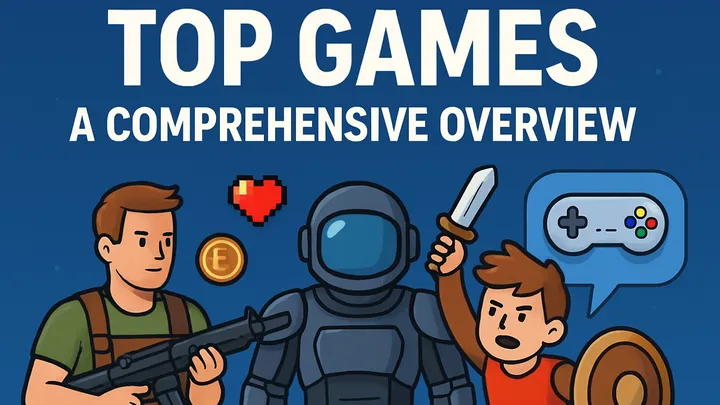Getting Started with the Basics
Before diving into complex strategies, it is important to master the fundamentals. Familiarize yourself with movement, aiming, and shooting mechanics. Understanding the control layout helps you react faster in combat situations. Beginners should spend time in training modes to build comfort before entering competitive matches.
Choosing the Right Loadout
Selecting the right loadout can make the difference between victory and defeat. Players should balance primary weapons, secondary options, and equipment based on personal playstyle. For example, aggressive players benefit from submachine guns and lightweight perks, while defensive players thrive with assault rifles and tactical gear.
Map Awareness and Positioning
Success in Call of Duty often comes down to map knowledge. Learning popular routes, choke points, and hidden areas provides a tactical edge. Players who anticipate enemy movement can position themselves strategically, securing kills and objectives more efficiently. Constant map awareness reduces surprise attacks and improves team coordination.
Effective Use of Perks and Killstreaks
Perks and killstreaks can dramatically impact gameplay when used correctly. Beginners should start with balanced perks that improve survivability and awareness. Killstreak rewards should be chosen strategically—supportive rewards such as UAVs are useful for team play, while offensive streaks can turn the tide of battle in solo scenarios.
Practicing Aim and Reaction Time
Good aim separates skilled players from casual ones. Practicing with different weapon recoil patterns sharpens accuracy. Training drills or aim practice modes help develop muscle memory, ensuring faster and more precise targeting during high-pressure moments. Reaction time also improves through consistent gameplay and situational awareness.
Mastering Game Modes
Each mode requires a unique approach. Team Deathmatch rewards fast reflexes and consistent kills, while Domination demands strong teamwork and objective control. Understanding the rules and win conditions of every mode allows players to adapt strategies and contribute effectively to team victories.
Communication and Teamwork
Even skilled players struggle without proper communication. Coordinating with teammates through voice chat or quick commands boosts overall effectiveness. Sharing information about enemy locations or strategies prevents mistakes and strengthens team performance. Call of Duty thrives on collaboration, making teamwork an essential skill.
Adapting to Updates and Meta Shifts
Developers frequently adjust weapon balance and introduce new mechanics. Staying updated with patch notes ensures players remain competitive. Adapting quickly to meta shifts prevents frustration and opens opportunities to exploit new strategies before they become widely known.
Conclusion
Learning how to play Call of Duty effectively is a journey that combines practice, strategy, and adaptability. By mastering basics, understanding maps, refining aim, and working with teammates, players can transform from beginners into confident competitors.

















